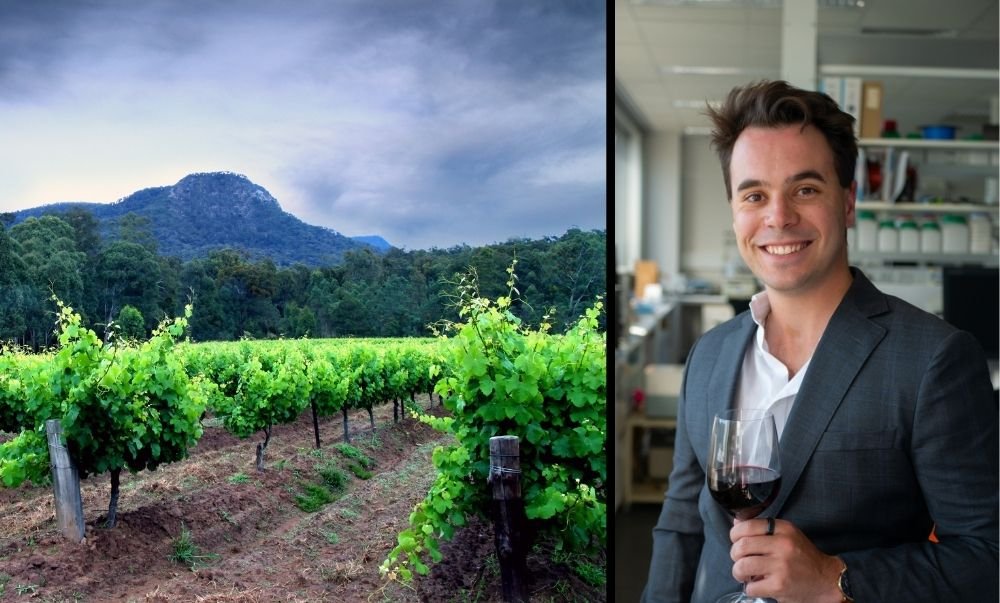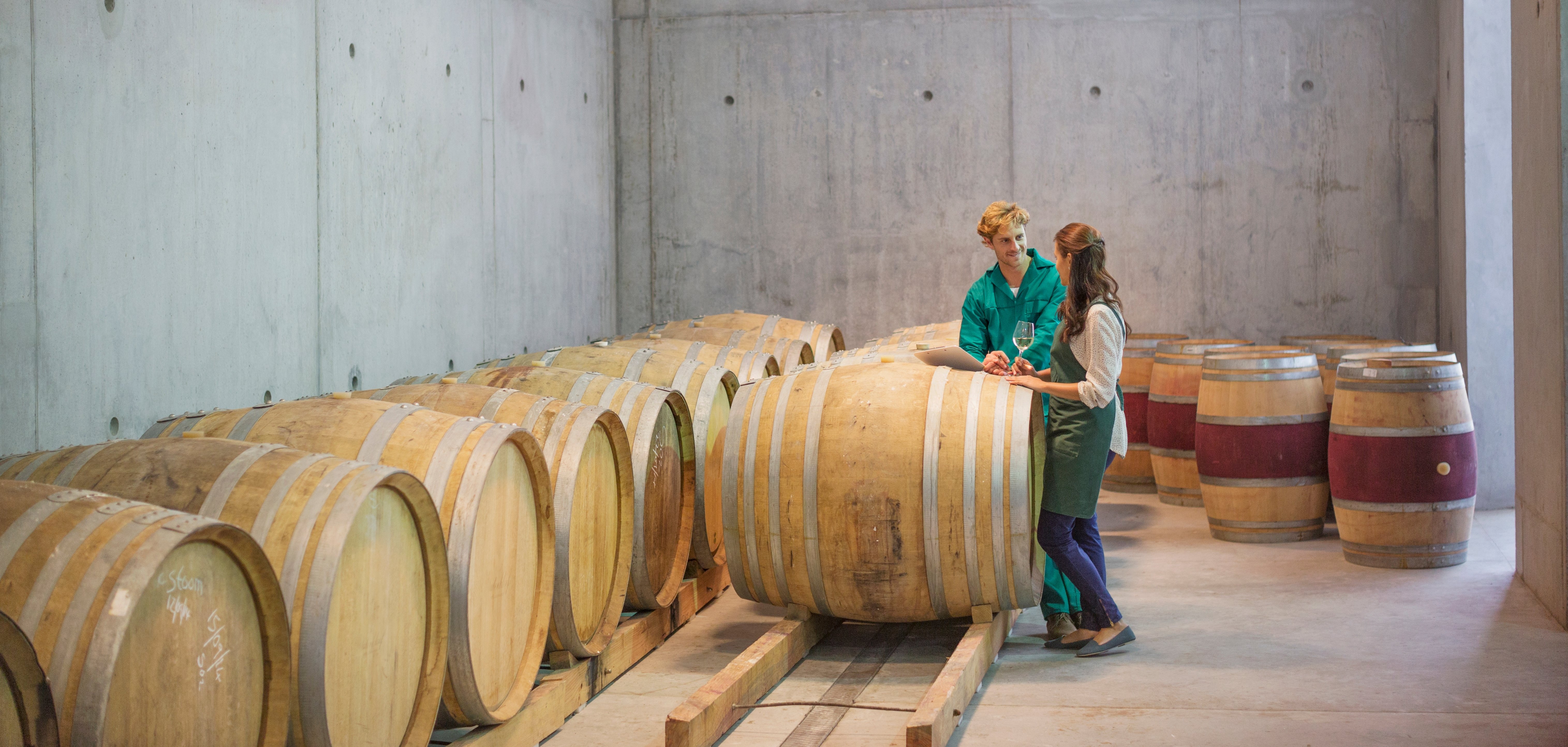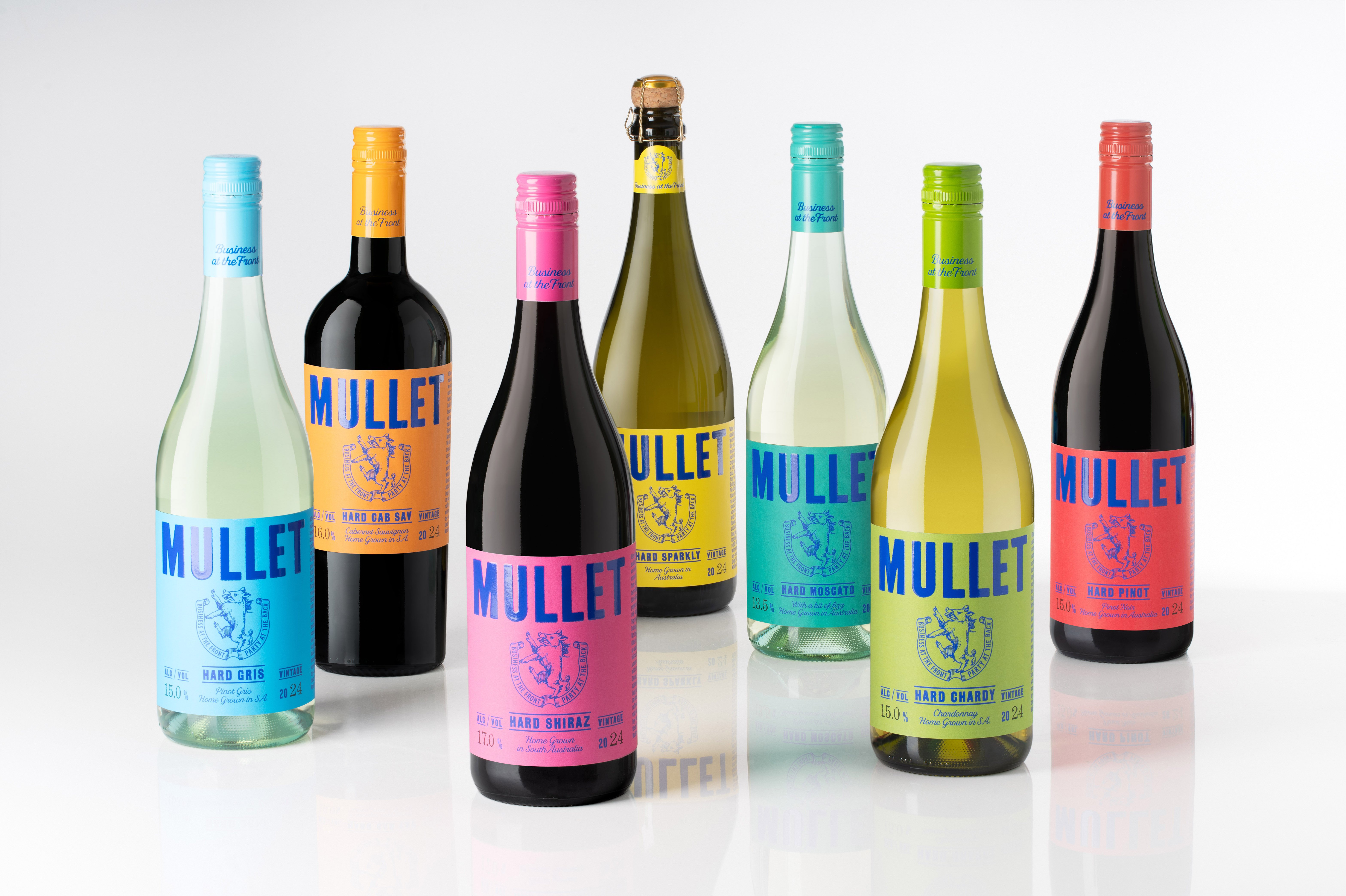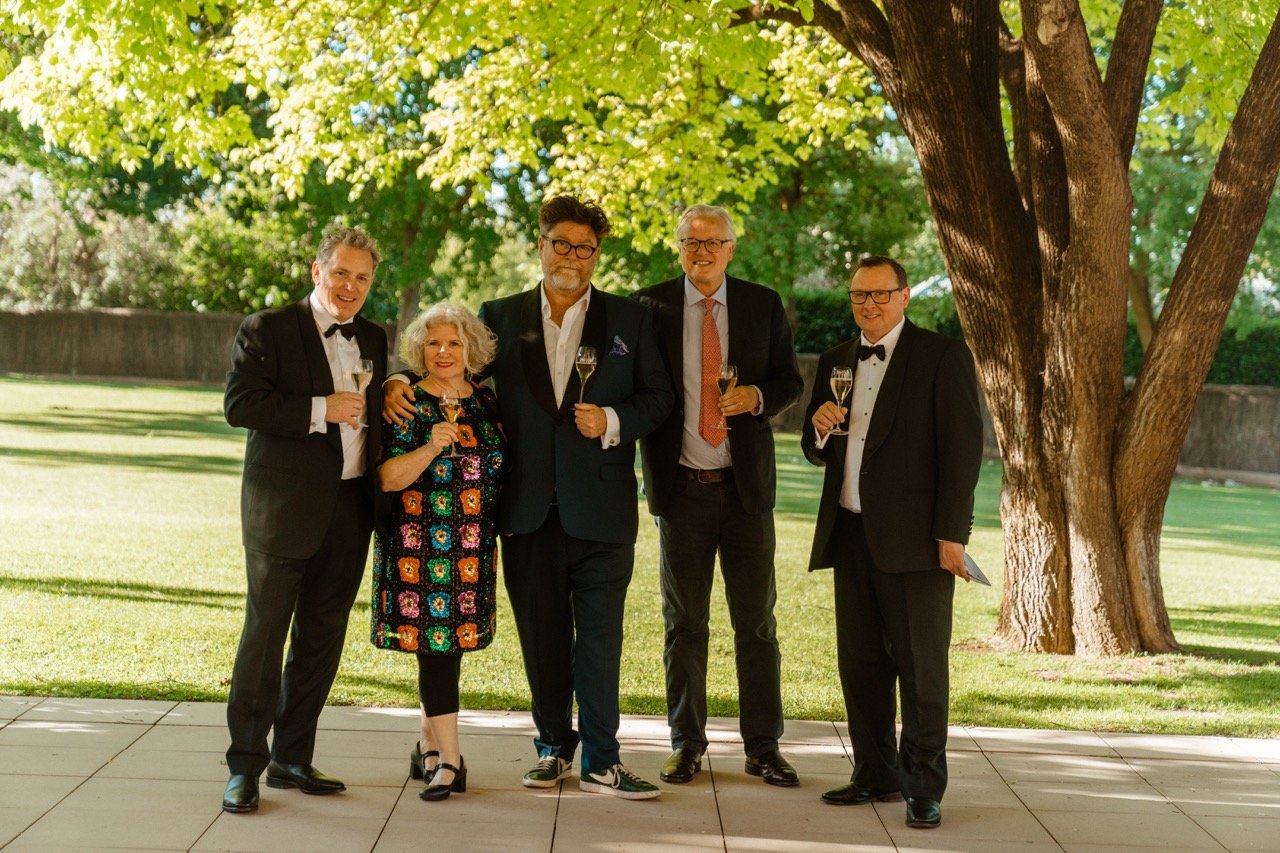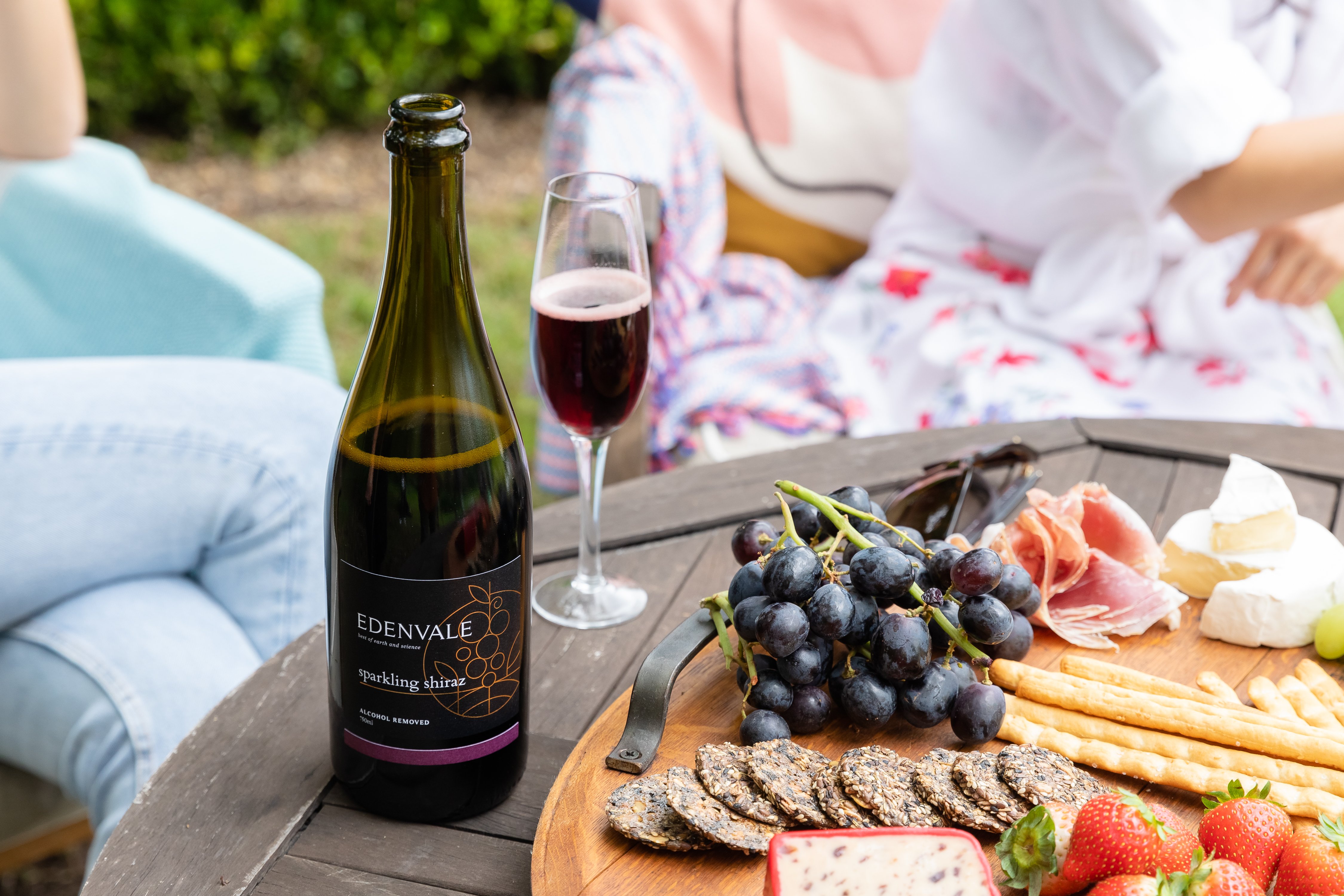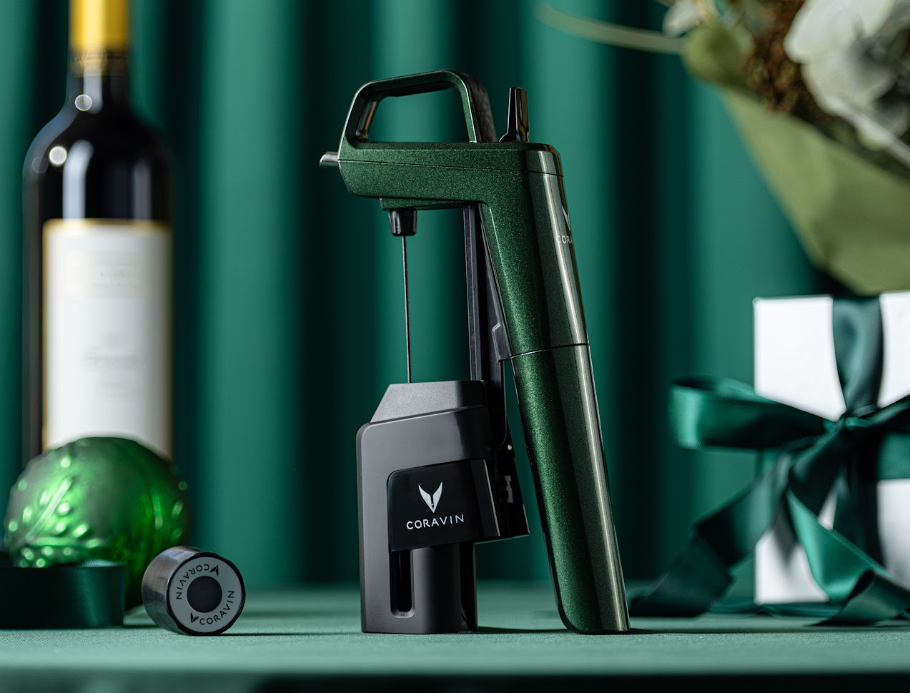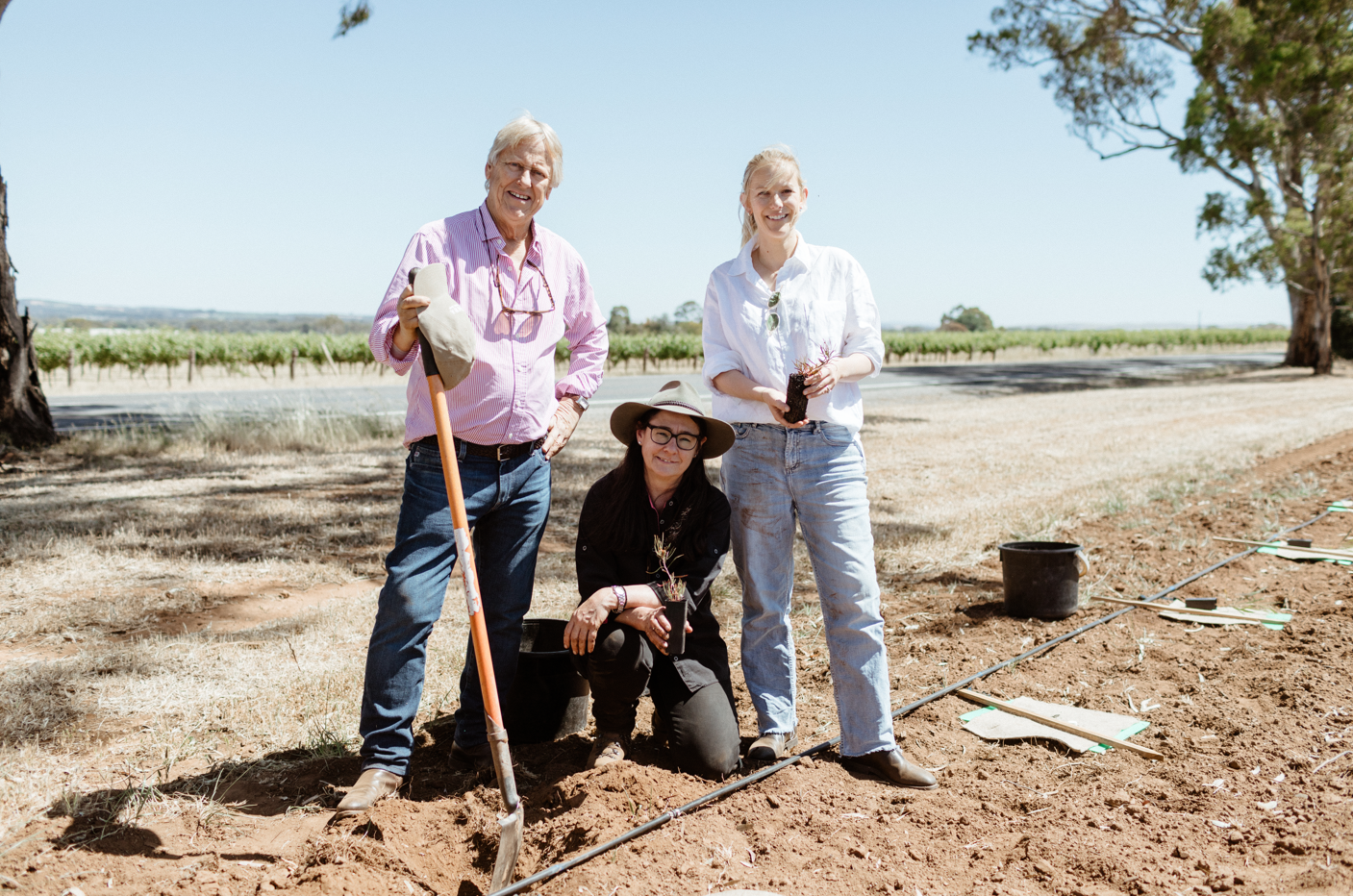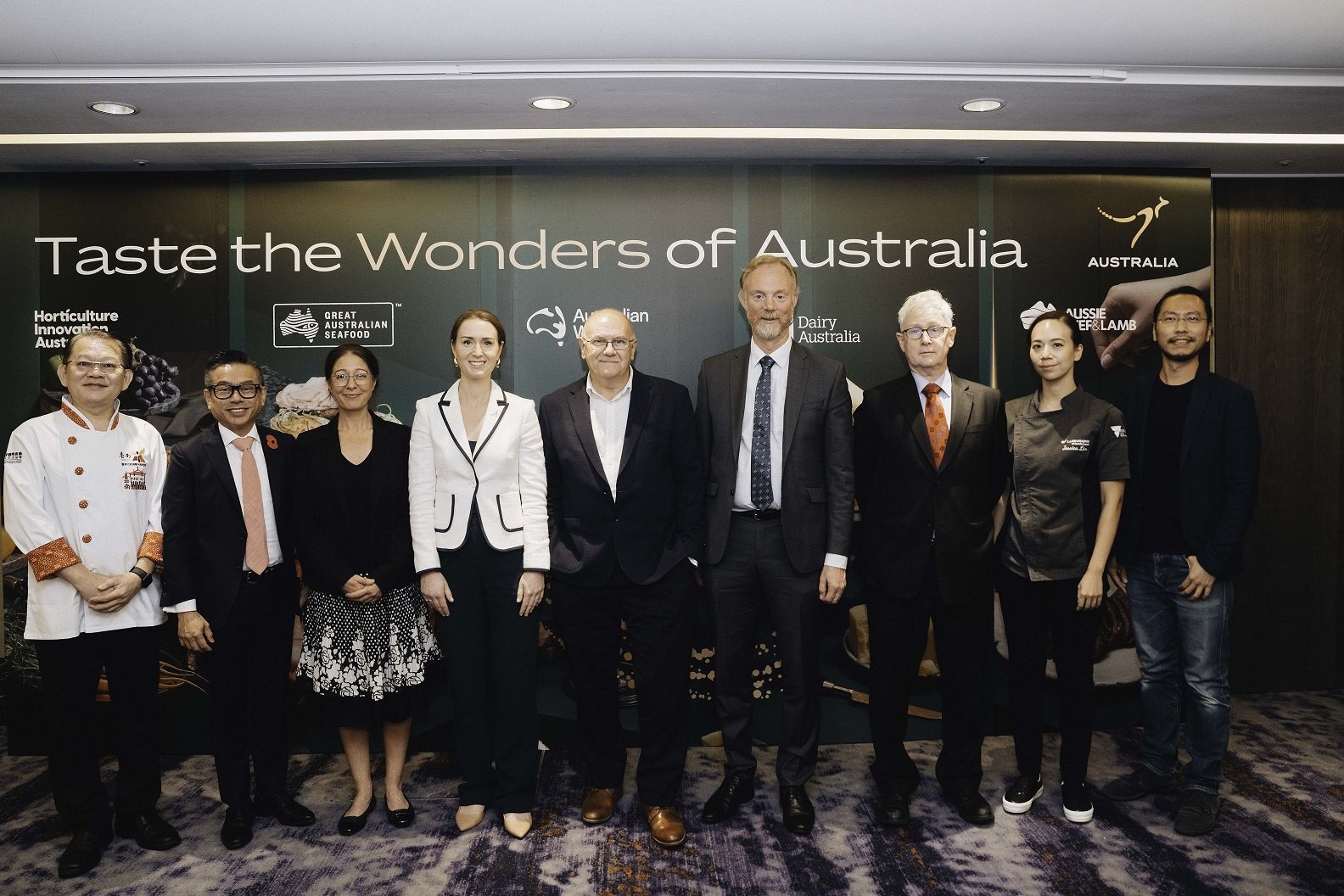University of Adelaide PhD candidate Jacob Long was recently awarded Wine Australia’s Dr Tony Jordan OAM Award 2024 for his ongoing research into germplasm solutions suited to Australia’s warming climate.
The research will utilise new breeding techniques such as gene-editing to try to develop a better understanding of strains of grapevine that are able to survive in warmer conditions.
“So basically what we're aiming to do is utilise these new breeding technologies or techniques to develop the grapevines that are more suitable in this changing climate,” said Jacob Long.
“We've been hopeful that, for example, [it’ll] reduce the need for fungicidal sprays whilst promoting more sustainable practices… So most importantly, retaining the retention of the phenology (the fruit and the fruit quality) so that we can create wine that has reduced faults as well as maintain the quality and the standard that Australian wine is well known for.”
The research, which is still in its early stages, hopes to uncover specific techniques and germplasm strains to prepare the industry for climate changes.
“That's the main goal of it all. And, like I said, ultimately to retain the pristine quality that the Australian wine industry is known for,” said Long.
“So we'll be looking at the flavour profiles of these wines, the flavour profiles developed and seeing how consumers react to them, how they like them/if they don't like them.
“At the end of the day, wine goes to consumer and we need to make sure that the consumers like it.”
The research will be conducted in collaboration with University of Adelaide and CSIRO and supported by the scholarship from Wine Australia.
Dr Liz Waters, Wine Australia’s General Manager - Research and Innovation, said the PhD research project presents great potential in the wine sector’s ongoing efforts towards sustainability and profitability.
“Mr Long is taking a multifaceted approach to examining solutions to complex challenges facing the sector,” she said.
“We’re delighted to support this work and are excited to see the outcomes.”
Long's research will extend upon existing knowledge of grape varieties that are better suited to hotter conditions.
“With a lot of grapes in general, there's definitely more heat resistant grapes,” he said.
“In the Barossa we grow a lot more reds than whites, (that’s not to say that whites aren’t grown in the Barossa, that's just as an example), but reds do tend to show a bit more [heat] resistance.
“But we're testing this on on all varieties with that end goal of maintaining that quality and maintaining that varietal status so that consumers know that this is a Sauv Blanc or a Cabernet or a XYZ variety that meets their expectations, without a detriment to the quality of the fruit or detriment to the producers in terms of growing or in the wine-making side of things as well.”
The project is about six month into its timeline, and is not expected to yield results for at least a few years. The PhD student conducting the research, Jacob Long, brings with him experience studying winemaking at both UC Davis and Adelaide University and recently conducted his honours on the differences in consumer and trade perceptions of traditional and emerging varieties.
As recipient of the Wine Australia Dr Tony Jordan Oam scholarship, Jacob Long will receive $40,000 in funding annually towards his project.
Share the content
